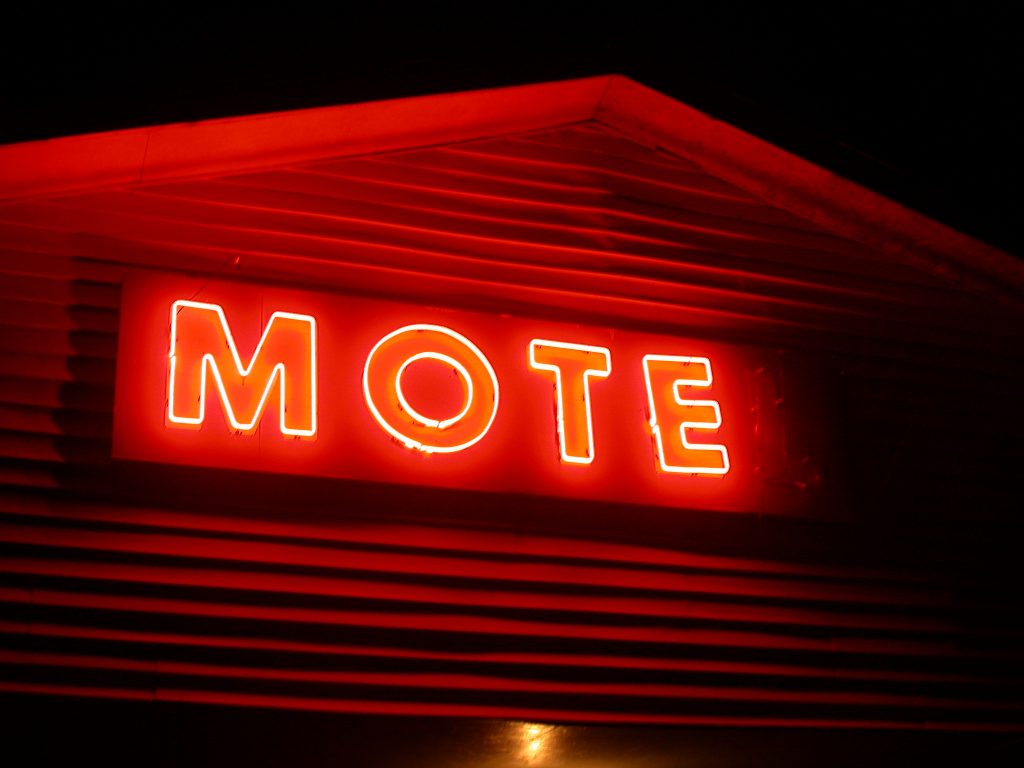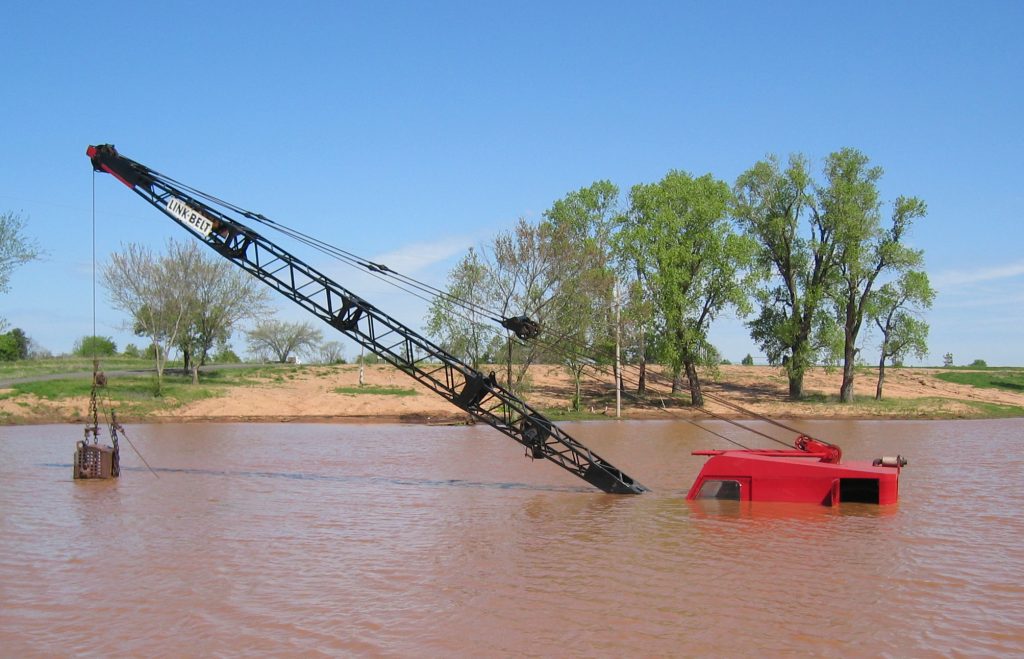 A contract creates a level of trust between two businesses or individuals, but what happens when one individual fails to uphold their end of the bargain? Or worse yet, what happens when an individual purposefully misrepresents their ability to uphold their end of the bargain? These are issues the Louisiana Third Circuit Court of Appeal recently addressed in a lawsuit between Meyer & Associates, Inc. (“Meyer & Associates”) and the Coushatta Tribe of Louisiana.
A contract creates a level of trust between two businesses or individuals, but what happens when one individual fails to uphold their end of the bargain? Or worse yet, what happens when an individual purposefully misrepresents their ability to uphold their end of the bargain? These are issues the Louisiana Third Circuit Court of Appeal recently addressed in a lawsuit between Meyer & Associates, Inc. (“Meyer & Associates”) and the Coushatta Tribe of Louisiana.
The Coushatta Tribe of Louisiana is a federally recognized Indian tribe composed of an elected four-member Tribal Council and a separately elected Tribal Council spokesperson. The Tribe conducts all of its governmental and business matters from the offices in Allen Parish, Louisiana. In July 2001, the Tribe decided to enter into an agreement in order to better manage the Tribe’s casino facility in Kinder, Louisiana. The Coushatta Tribe agreed to enter into a consulting services contract with Meyer & Associates, a Louisiana corporation that provides professional engineering services to its clients.
In early 2002, the members of the Tribal Council and the vice president of Meyer & Associates, Richard Meyer, began discussions concerning the possibility to design and construct a facility for the casino’s general electricity, the individuals of the Coushatta Tribe, and potentially outside customers. Because Meyer’s & Associates did not have specific experience in this area, Mr. Meyer began assembling a team of experts to assist him. For the next several months, the project team began exploring the possibilities of developing the electric program. During the Tribal Council meeting on December 17, 2002, Mr. Meyer presented the most up-to-date study on the feasibility of the electrical project – this presentation gave the Tribal Council enough confidence to accept the project on the January 14, 2003 meeting. With this acceptance, a second agreement was written. This second agreement gave the Chairman of the Tribal Council the ability to negotiate and execute any new agreements with Meyer & Associates, and also stated that that the Tribe’s financial obligation to the project was $10,000,000 in addition to the $3,375,000 that was necessary for all the preliminary work.
 Louisiana Personal Injury Lawyer Blog
Louisiana Personal Injury Lawyer Blog


 Plaintiffs cannot litigate multiple lawsuits brought over the same cause of action. For example, if a company wrongfully terminates someone’s employment, the employee can traditionally bring only one lawsuit addressing this issue and not a second or third after a court decides the first. This barring is called
Plaintiffs cannot litigate multiple lawsuits brought over the same cause of action. For example, if a company wrongfully terminates someone’s employment, the employee can traditionally bring only one lawsuit addressing this issue and not a second or third after a court decides the first. This barring is called  Ever feel like you have been wrongfully brought to court? If so, then what legal remedies do you have at your disposal? In Louisiana, the law provides a person who has wrongly been brought to court with a tort cause of action called abuse of process. A recent Fifth Circuit Louisiana Court of Appeal decision highlights some of the procedural and legal requirements for this lesser known tort.
Ever feel like you have been wrongfully brought to court? If so, then what legal remedies do you have at your disposal? In Louisiana, the law provides a person who has wrongly been brought to court with a tort cause of action called abuse of process. A recent Fifth Circuit Louisiana Court of Appeal decision highlights some of the procedural and legal requirements for this lesser known tort. Labor contracts are often tricky and scary because potential employees generally find it difficult to negotiate with employers for terms favorable to them, while employers use standard contracts with terms potential employees don’t understand or aren’t used to seeing, which guarantee the employers a better deal.
Labor contracts are often tricky and scary because potential employees generally find it difficult to negotiate with employers for terms favorable to them, while employers use standard contracts with terms potential employees don’t understand or aren’t used to seeing, which guarantee the employers a better deal. Leasing agreements often are complex and lengthy, especially in a commercial context. A common provision contained in most leasing agreements is an indemnity provision. An indemnity provision is a section in a leasing agreement that requires the leasee (the person who leases the property) to take responsibility for certain lawsuits involving the leased property. A recent decision from the Second Circuit Court of Appeal for Louisiana illustrates the power of an indemnity provision.
Leasing agreements often are complex and lengthy, especially in a commercial context. A common provision contained in most leasing agreements is an indemnity provision. An indemnity provision is a section in a leasing agreement that requires the leasee (the person who leases the property) to take responsibility for certain lawsuits involving the leased property. A recent decision from the Second Circuit Court of Appeal for Louisiana illustrates the power of an indemnity provision. People have bargained with one another since the dawn of time. Many agreements occur through mere conversation, but memory may be faulty or even denied. Thus, written contracts exist to keep a record of agreements made by two people or business entities. When a disagreement over the meaning of a contract is brought to court, the court will refrain from unnecessarily changing the meaning of words in a contract, opting instead to take the written words literally and simply.
People have bargained with one another since the dawn of time. Many agreements occur through mere conversation, but memory may be faulty or even denied. Thus, written contracts exist to keep a record of agreements made by two people or business entities. When a disagreement over the meaning of a contract is brought to court, the court will refrain from unnecessarily changing the meaning of words in a contract, opting instead to take the written words literally and simply.  It’s a common belief that a landlord is always responsible for the upkeep of a property, and if an injury occurs because of the landlord’s failure to keep premises safe the landlord is financially responsible for any injury suffered. As Kwan Anderson learned the difficult way, however, this is not always the case. A lawsuit out of Parish of Evangeline shows that when a tenant contracts to take on responsibilities of upkeep, they could lose their ability to collect damages for an injury caused by that failure of upkeep.
It’s a common belief that a landlord is always responsible for the upkeep of a property, and if an injury occurs because of the landlord’s failure to keep premises safe the landlord is financially responsible for any injury suffered. As Kwan Anderson learned the difficult way, however, this is not always the case. A lawsuit out of Parish of Evangeline shows that when a tenant contracts to take on responsibilities of upkeep, they could lose their ability to collect damages for an injury caused by that failure of upkeep. When a patron is injured by a third party at a hotel, the patron might wish to seek damages from a national franchisor. There are however several criteria to establish a franchisor’s liability making it very difficult for a patron to recover in the absence of direct links between the injury and negligence. In a recent case out of New Orleans, a shooting victim was left with little recourse against the big company behind the local Motel 6.
When a patron is injured by a third party at a hotel, the patron might wish to seek damages from a national franchisor. There are however several criteria to establish a franchisor’s liability making it very difficult for a patron to recover in the absence of direct links between the injury and negligence. In a recent case out of New Orleans, a shooting victim was left with little recourse against the big company behind the local Motel 6.  When employees are fired they can often be entitled to benefits upon termination; including money payments to act as a substitute salary while the terminated employee searches for another job. While there is no federal requirement in the United States for an employer to offer severance pay, many do as it can be an attractive benefit to potential employees. Many employers choose to adopt a plan that falls under the Employee Retirement Income Security Act (“ERISA”). Employers can get tripped up however when they fail to support a denial of severance pay by substantial evidence.
When employees are fired they can often be entitled to benefits upon termination; including money payments to act as a substitute salary while the terminated employee searches for another job. While there is no federal requirement in the United States for an employer to offer severance pay, many do as it can be an attractive benefit to potential employees. Many employers choose to adopt a plan that falls under the Employee Retirement Income Security Act (“ERISA”). Employers can get tripped up however when they fail to support a denial of severance pay by substantial evidence.  A primary concern that all business owners have is how to insulate themselves from any improper actions that their business engages in. Without some mechanism to separate the actions of the business from the business owner, a business owner would be personally liable for the business’s actions and could face legal claims against him or her for actions that the business engaged in. States, recognizing this problem, created many forms of corporate structures with varying levels of liability protection. Examples of such corporate structures are limited liability companies (L.L.C.), professional corporations (P.C.), and C corporations. While these, and other types of corporate structures, provide business owners with insulation from liability, business owners could still be personally liable for their company’s actions if those actions fall under a narrow set of circumstances. Recently, the Louisiana Supreme Court addressed whether one of these narrow circumstances occurred when determining whether an owner of a home construction company was personally liable for the actions of the company.
A primary concern that all business owners have is how to insulate themselves from any improper actions that their business engages in. Without some mechanism to separate the actions of the business from the business owner, a business owner would be personally liable for the business’s actions and could face legal claims against him or her for actions that the business engaged in. States, recognizing this problem, created many forms of corporate structures with varying levels of liability protection. Examples of such corporate structures are limited liability companies (L.L.C.), professional corporations (P.C.), and C corporations. While these, and other types of corporate structures, provide business owners with insulation from liability, business owners could still be personally liable for their company’s actions if those actions fall under a narrow set of circumstances. Recently, the Louisiana Supreme Court addressed whether one of these narrow circumstances occurred when determining whether an owner of a home construction company was personally liable for the actions of the company.